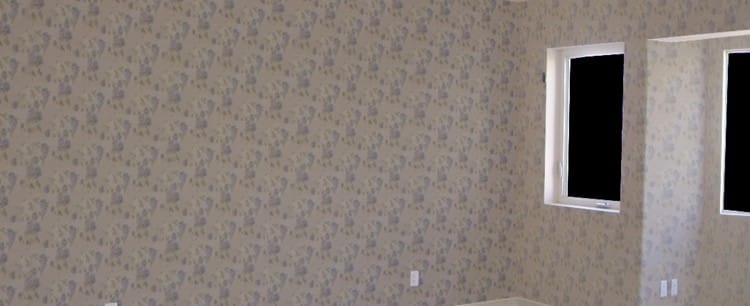If a property is left empty for any length of time there is not only the apparent waste of an essential residential or commercial resource, there are also real financial costs which the owner of that property is likely to bear.
It might be helpful, therefore, briefly to review how some of these costs may arise:
Insurance
- an empty property is considered by insurers to represent greater risks than one that is occupied;
- from the insurer’s point of view a property becomes formally unoccupied after a typical 30-45 consecutive days when it is not being used and the building’s standard insurance then usually lapses (or is severely restricted in its level of cover);
- in its place, a specialist form of unoccupied property insurance is typically required to continue to safeguard the premises;
Maintenance and security
- an empty property may involve higher than normal maintenance costs – since there may be no one around to spot minor problems until they turn into more serious maintenance issues;
- it is also prone to the unwanted attentions of vandals and thieves, so that some form of additional security needs to be arranged and paid for;
- not only are these measures you are likely to want to take out of a concern to protect your investment in the property, but the insurers of the empty premises are also likely to insist on certain minimum standards of maintenance and security in order for the cover to be effective;
Council tax
- the government website makes clear that you are still liable for the payment of council tax even when the property you own or rent is empty;
- although councils may offer discounts of up to 50% or as little as none at all, the decision is entirely up to the local authority concerned;
- councils also have the right to charge up to 50% extra on the standard rate of council tax if your property has been empty and unfurnished for two years or more;
Squatters
- in a story about unoccupied property in general, television’s Channel 4 has pointed out that squatting in empty property has been illegal since September 2012;
- it may be illegal and the police can therefore arrest and remove any squatters, but you may still likely to be left with a hefty bill for repairing any damage caused and for improving your security defences;
Loss of rental income
- an empty property represents an asset that is being underused;
- if no one occupies the building, this represents a loss of the rent that might otherwise have been collected;
- leaving a property empty, therefore, incurs a loss of rental income;
Reduced rates of VAT
- it is not only about increased expenditure on unoccupied properties;
- if you do work to convert a property that has been empty for two years or more into residential accommodation, you may qualify for saving on the cost of the work through paying a discounted rate of VAT (5% instead of 20%) on the work done;
Compulsory purchase
- in one of the worst case scenarios you may find that the local council has an armoury of measures – including a Compulsory Purchase Order – to take the problem of an empty property entirely out of your own hands.
All of these issues, therefore, provide very good reasons for leaving unoccupied and empty any property you own for the shortest possible time, before returning it to gainful commercial or residential use.







